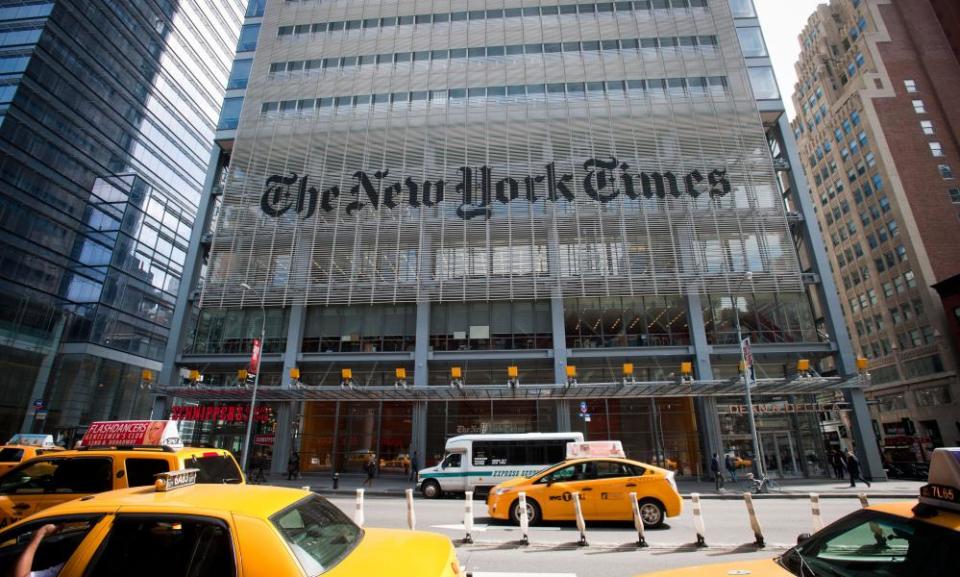Publish and debate, NYT, but don't be in denial

There is at the New York Times, depending on whom you believe, either a civil war instigated by “wokes” or a culture willing to endanger the lives of its black staffers. The newspaper published an op-ed piece by the Republican senator Tom Cotton calling for troops to be mobilised against rioting protesters. It was a down-the-line Trumpian argument, authoritarian and obnoxious. Dismissing the argument as unacceptable or dangerous will not, however, make it go away. It’s a claim that has to be engaged with and refuted.
At the same time, this is not merely an issue of free speech or “wokeness”, as some would have it. Had Cotton pitched the article and the NYT turned him down, that would have been perfectly reasonable. Nor is there anything wrong with the pushback. It should be as open for journalists to criticise the decision to publish as to denounce the criticism.
What is objectionable is the way the NYT has handled the controversy. It’s as if it wanted to provoke outrage without being willing to face up to the consequences. The claims that op-ed editor James Bennet had not read the piece before publication, or that there was insufficient fact-checking, have the smell of excuses for a climbdown after the fact.
Like many liberal newspapers, the NYT has responded to the rise of a more polarised politics by hiring conservative columnists, such as Bret Stephens. The problem, though, is not a lack of conservative voices. It’s the failure to create a wider culture of debate and engagement and an entrenchment of the “you can’t say that” ethos. That’s an issue not just in liberal circles. And not just at the New York Times.
• Kenan Malik is an Observer columnist

 Yahoo Finance
Yahoo Finance 